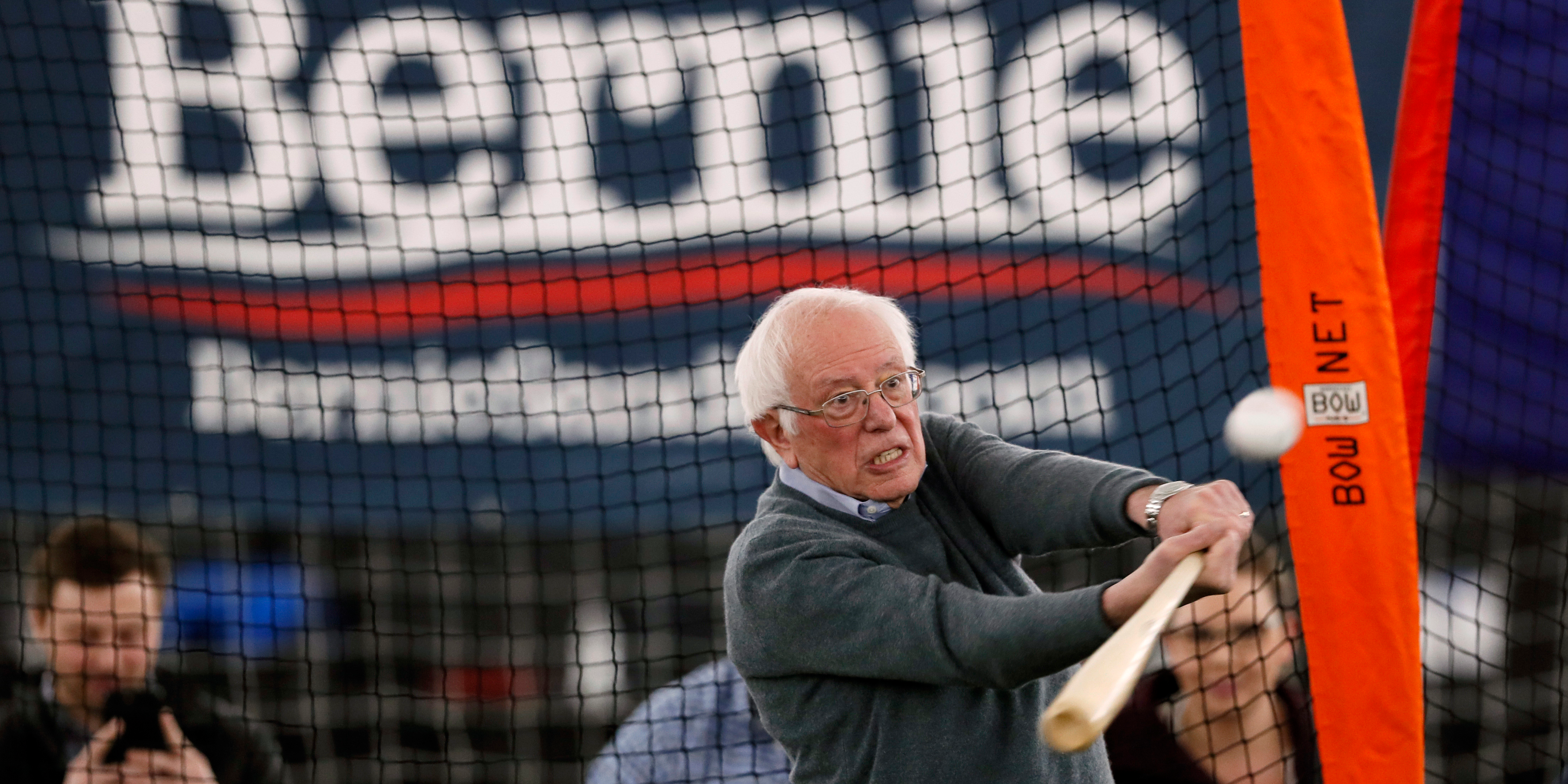- After another tough night and facing a steep path to regaining a delegate lead, Sen. Bernie Sanders insisted Wednesday that he’s staying in the race.
- For the first time, Sanders and former Vice President Joe Biden will debate one-on-one Sunday evening.
- Sanders has been adamant that he would back whichever Democrat accumulates an insurmountable delegate lead, including in the event the leader would secure a plurality but not an outright majority to clinch the nomination.
- Visit Business Insider’s homepage for more stories.
Sen. Bernie Sanders of Vermont vowed to remain in the Democratic presidential primary Wednesday after suffering another setback Tuesday night, losing the key state of Michigan with his delegate deficit to former Vice President Joe Biden growing.
“Last night, obviously, was not a good night for our campaign from a delegate point of view,” Sanders said.
However, Sanders touted strong support in polling for some of his key campaign proposals, such as wealthy individuals and corporations paying more in taxes and raising the minimum wage to $15 per hour.
Sanders, 78, went into a version of his normal stump speech decrying inequality and “this absurd health care system,” which he argued has been brought into stark relief amid the spread of the coronavirus.
While Sanders trails Biden by 647 delegates to 790 - a steep deficit to overcome given Biden's performance and the Democratic Party's proportional delegate allocation - he argued that his campaign's strength among young voters is a chief reason he remains in the race.
Sanders added that voters keep telling his campaign that despite agreeing with his platform, they believe Biden is more likely to beat President Donald Trump.
"Needless to say, I strongly disagree with that assertion," Sanders said.
On Sunday, Sanders said he will make the case on the debate stage that he is the more electable candidate and deliver pointed questions to Biden about his plans for the working class, on climate change and whether he would veto Medicare For All health care legislation.
The debate in Arizona will be held without a live audience because of concerns over the coronavirus, and it will be the first one-on-one encounter of the cycle.
